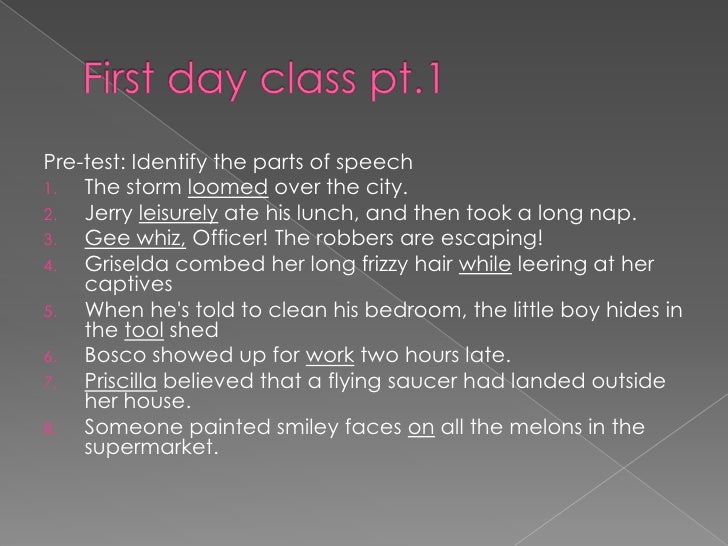
“Yet we see no possible rational basis.” Glona v.For crisp transitions, yet is a great word to begin with, too. Once you’re comfortable beginning with but, you can use it to create readable, crisp transitions that quickly orient the reader to a change of direction. You can do more than use the technique for emphasis. This case, however, has nothing to do with federalism.However, this case has nothing to do with federalism.But this case has nothing to do with federalism.FCC, note the differing emphases in these three versions: If we accept that beginning with but is appropriate for formal legal documents, then it becomes a tool we can use to manage emphasis. In fact, the Constitution has seven sentences beginning with but. “But in all such Cases the Votes of both Houses shall be determined by yeas and Nays.“But the EPA cannot claim that ADEC’s decision was unreasoned.” Alaska Dept.“But this redress goes only half way.” Chisholm v. “But this is not sufficient.” Colburn v.“But this case has nothing to do with federalism.” City of Arlington v.Yet the technique has been used in formal legal documents for centuries. Although we should be comfortable beginning with but in e-mail messages, print correspondence, and inter-office memos, some lawyers avoid the practice in formal documents like motions, briefs, and judicial opinions. Think about your writing goals and options and decide how you want to use the language. So don’t uncritically apply this nonrule. 2003) The Chicago Manual of Style (“a perfectly proper word to open a sentence”) and the Internet, where a Google search for “beginning with but” turns up many reputable authorities recommending the practice.Īs with many writing “rules,” the truth is that beginning with but isn’t about wrong or right it’s about formality, emphasis, and style. Garner, On Beginning Sentences with But, Mich. I won’t rehash the sources I quoted there, but I’ll refer you to Bryan A. I’ve made this point before: Lite Connectors, Austin Lawyer 13 (Dec. I applaud this high-school teacher, and he’s in line with the general view of numerous writing authorities. What? Teaching kids it’s okay to begin a sentence with but? No wonder writing skills are in decline and college students (not to mention law students) don’t write well. Notice the examples in this post: no comma after but.) (By the way, you need no comma when you begin with but.


My son’s 9th-grade English teacher included “beginning with a conjunction” in a list of writing techniques, offering this example, But how could this be? and requiring students to create their own examples. In high school, many English teachers embrace the beginning but. Sure, it’s a wise admonition from middle-school English teachers that novice writers avoid beginning a series of sentences with but. There’s no rule against beginning a sentence with but.


 0 kommentar(er)
0 kommentar(er)
